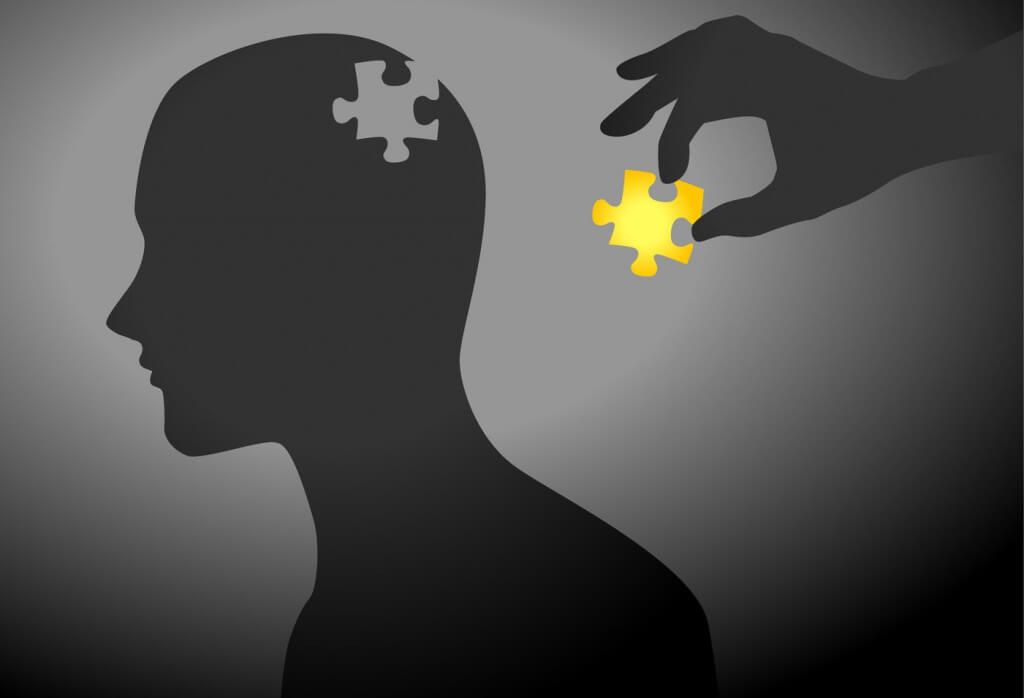We’ve all done it—put off a task we know we need to do, even when there’s no good reason. Whether it’s answering emails, cleaning, or starting an important project, procrastination affects almost everyone at some point. But why do we do it, and how can we stop?
It’s Not About Laziness
Many people assume procrastination comes from being lazy or unmotivated. In reality, it’s often much deeper than that. Psychology shows that procrastination is linked to emotion regulation—we delay tasks not because we don’t care, but because we want to avoid unpleasant emotions.
For example, if a task feels overwhelming, boring, or makes us doubt our abilities, we avoid it to escape discomfort. In that moment, doing something else—scrolling through social media or watching a video—gives us instant relief. But the longer we delay, the more stress builds up, making it even harder to start.
The Role of Perfectionism and Fear
Procrastination is often connected to perfectionism. When you set unrealistically high standards for yourself, starting becomes intimidating. You might think, “If I can’t do it perfectly, I won’t do it at all.” This fear of failure or judgment creates a cycle of avoidance and guilt.
Another psychological factor is low self-confidence. If you’re unsure whether you can succeed at a task, your brain may try to “protect” you by putting it off. But in doing so, it creates more anxiety and a feeling of being stuck.
Breaking the Cycle
The first step in overcoming procrastination is recognizing why you’re avoiding something. Ask yourself: Is it fear, boredom, uncertainty, or self-doubt?
Next, break the task into smaller, manageable steps. Starting small reduces the pressure and builds momentum. You don’t have to finish the entire project—just begin with one part.
Try the “5-minute rule”: commit to working on something for just five minutes. Often, once you start, it’s easier to keep going. Reward yourself for progress rather than perfection, and practice self-compassion instead of guilt.
Final Thoughts
Procrastination isn’t a character flaw—it’s a psychological coping mechanism. By understanding the emotional triggers behind it and approaching tasks with kindness and structure, you can move past avoidance and take meaningful action. Progress, not perfection, is what truly counts.


